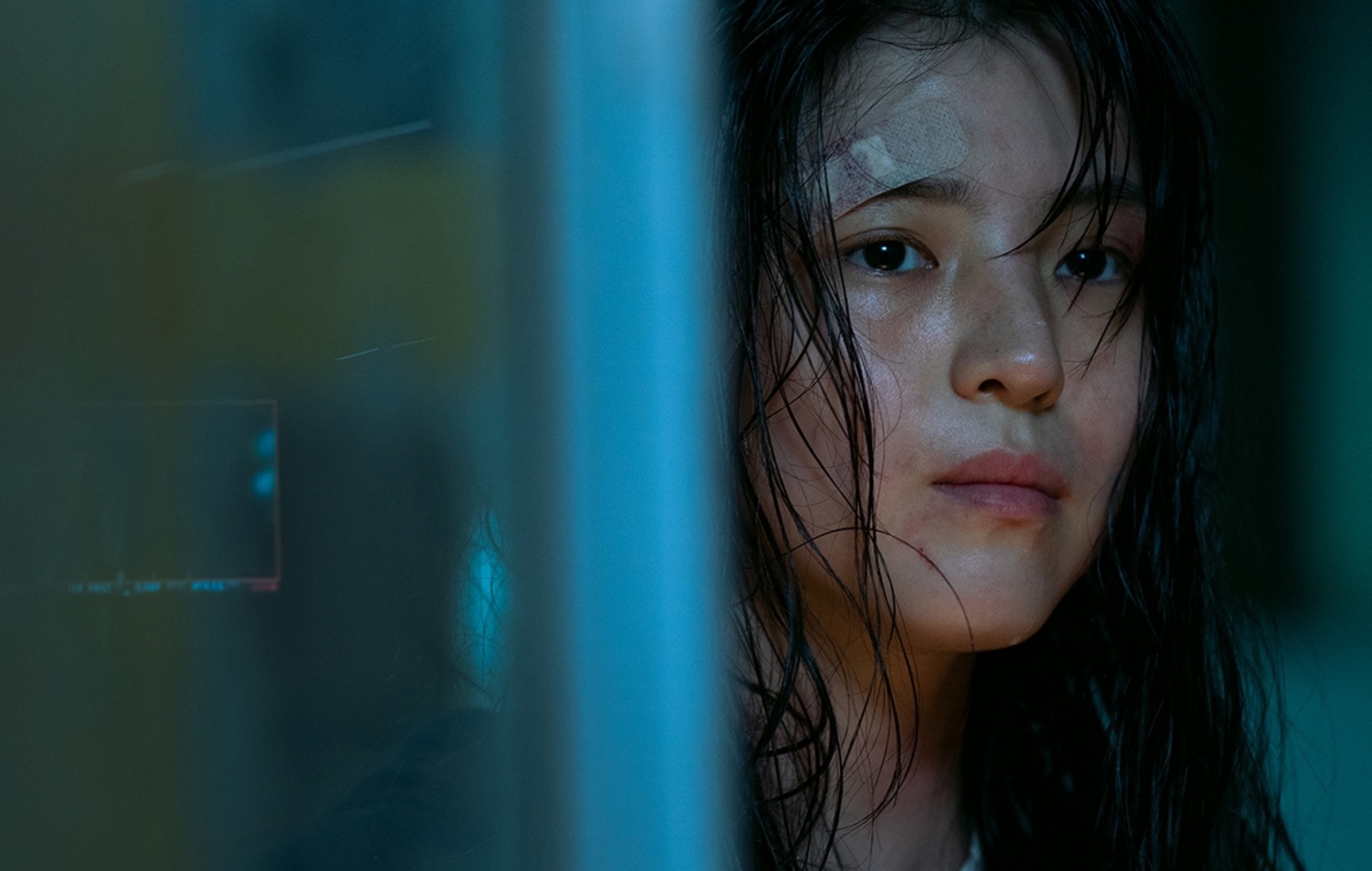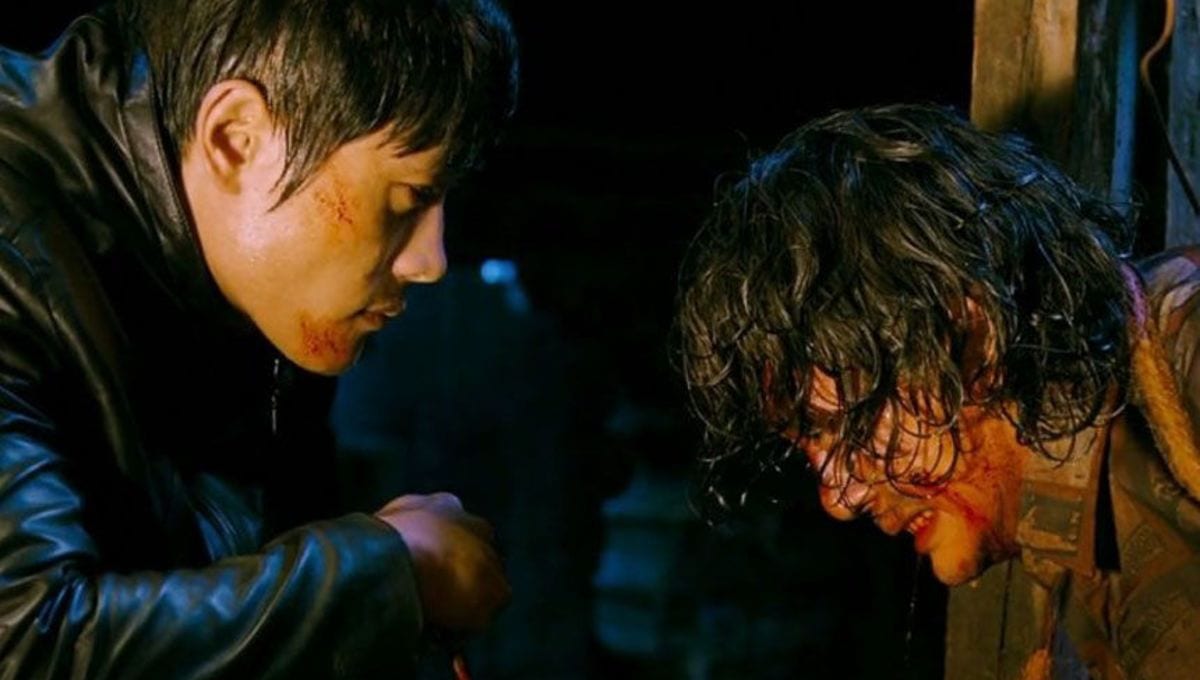I recently finished watching My Name on Netflix, and was once again amazed at how effective South Korea’s writers are at crafting revenge stories. My Name specifically tells the story of Ji-woo, whose father is killed in front of her by a masked assailant. She is then consumed by the idea of finding the killer, and the show tracks her emotional arc along this multi-year journey. Her life gets very dark, very quickly, yet the show is still constantly asking whether or not she has the conviction to do whatever is necessary to catch her dad’s killer.

| Ji-woo (Han So-hee) in My Name (Netflix)
Whether you have suffered slights as egregious as that of Ji-woo’s, or less damaging ones, the thought of vengeance is one that resonates with most of us. Thinking about it is a very human thing to do, but it is also this exact idea that South Korean filmmakers exploit to give us amazing revenge tales. Ji-woo comes to this exact realization, stating it precisely:
“I wanted to live like a human.. You asked if I wanted revenge no matter what. I didn’t know what you meant back then.. I do now.. To take revenge is to become a monster.”
I have always admired South Korean cinema and am glad I finally understand this to be a purposeful story-telling device in all of their sucessful revenge plots. When I watch Western cinema’s attempts at these kinds of stories, such as John Wick or Django Unchained, I find myself watching an anti-hero who is already no longer human from the start. There is never a question about their conviction, and instead, those films tend to rely more on stylized violence to deliver their effects (not that I’m complaining when it comes to those two masterpieces). Just look at John Wick in this goddamn suit.

| John Wick (Keanu Reeves) a.k.a. the unstoppable force (Lionsgate)
Korean revenge stories, however, often give their characters some lingering humanity and the best ones detail their departure with said humanity. Often times, the story works because it is exactly the villian that wants to see the hero become a monster. This is the case in My Name and certainly the case in Oldboy, which probably features the craziest version of “I’m going to turn this man into a monster” ever put to film. In I Saw The Devil, the main character avenges the gruesome murder of his pregnant wife, and is pushed by the villian’s actions to take things to a horrifying moment of vengeance and far past what he originally planned, in my opinion. It’s title, of course, exactly suggests that there is an ambiguity as to who the true “Devil” really is.

| Two pyschopaths face off, featuring Detective Kim (Lee Byung-hun) and Jang Kyung-chul (Choi Min-sik) in I Saw the Devil (Magnet Releasing)
Anyways, this is just my ode to Korean revenge thrillers, which are the top of the class for me. With Ji-woo’s verbalizing of her own (beautifully done) transformation in My Name, I now understand South Korean writers’ sensibilities a little better. It is quite a simple explanation, but I’m glad I can now articulate why I love South Korean revenge plots more than Hollywood’s films (and certainly more than what I would call arthouse vengeance such as Revenge and The Bad Batch, which don’t work for me at all). I appreciate so much of the craft that goes into portraying this “loss of humanity for the sake of revenge” concept. When done this way, I think these stories are not only entertaining a.f., they also ironically inspire us to hold onto our own humanity in a weird way.